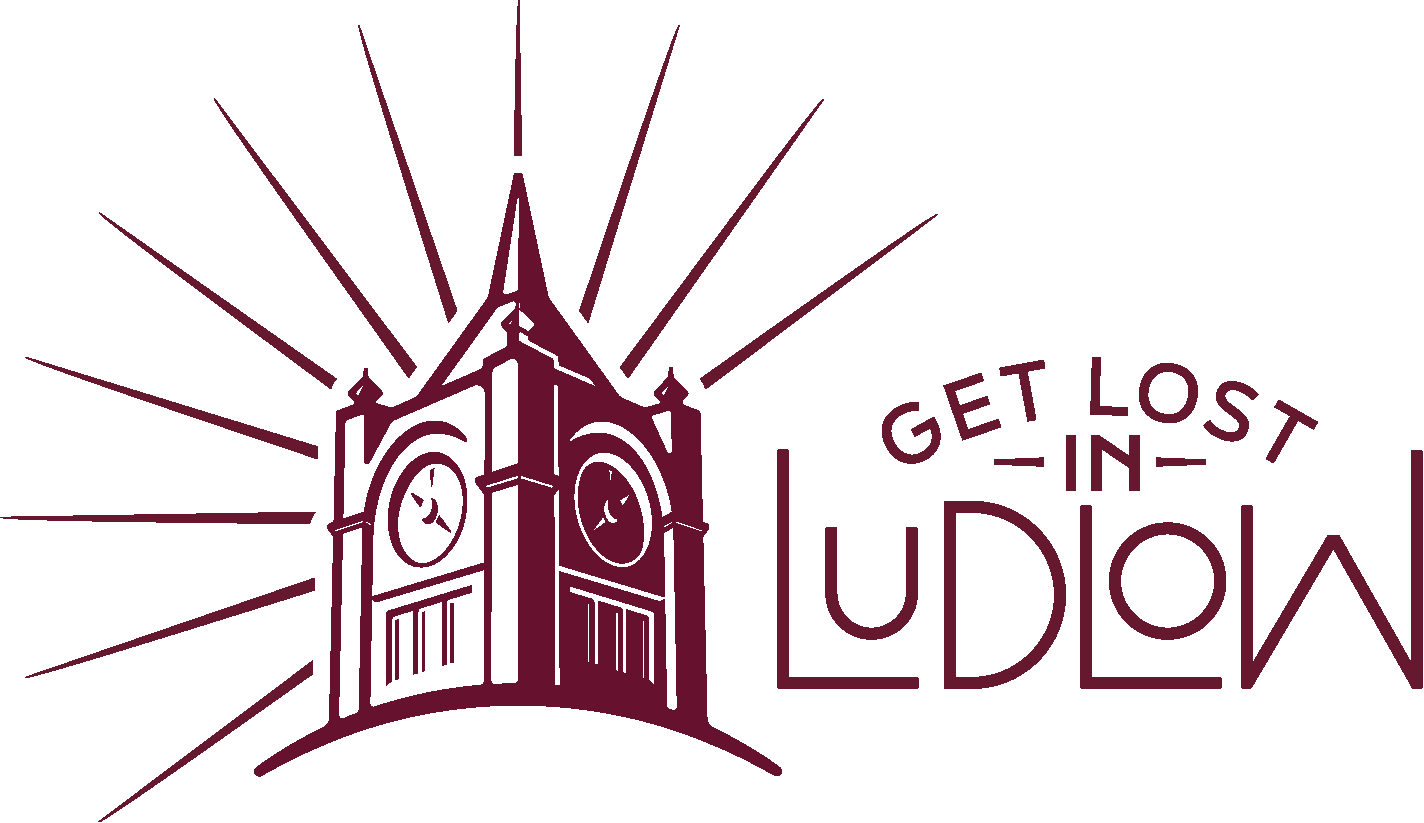Our History
Today, Ludlow is a blend of suburban residential areas, historic sites, and a growing commercial sector, while still honoring its agricultural and industrial past.
Ludlow, Massachusetts, has a rich history that dates back to its incorporation in 1774. Originally settled by English colonists, Ludlow was primarily an agricultural community in its early years, with residents farming the fertile land along the Chicopee River. The town’s name was inspired by Ludlow, England, and its early economy was rooted in farming, sawmills, and small-scale industries.
The 19th century marked a period of industrial growth for Ludlow, particularly with the establishment of the Ludlow Manufacturing and Sales Company in 1868. This textile mill, known for producing jute and cotton products, became the backbone of the local economy, drawing a diverse workforce to the town, including many immigrants from Europe. The mill’s presence led to the construction of worker housing and infrastructure, contributing to Ludlow’s rapid growth and the development of a vibrant mill town.
By the 20th century, Ludlow had transitioned from its industrial roots, especially after the decline of the textile industry. However, the town retained its strong community spirit, with landmarks like Lusitano Stadium reflecting its deep connection to soccer and its Portuguese heritage, brought by immigrant workers. Today, Ludlow is a blend of suburban residential areas, historic sites, and a growing commercial sector, while still honoring its agricultural and industrial past.

